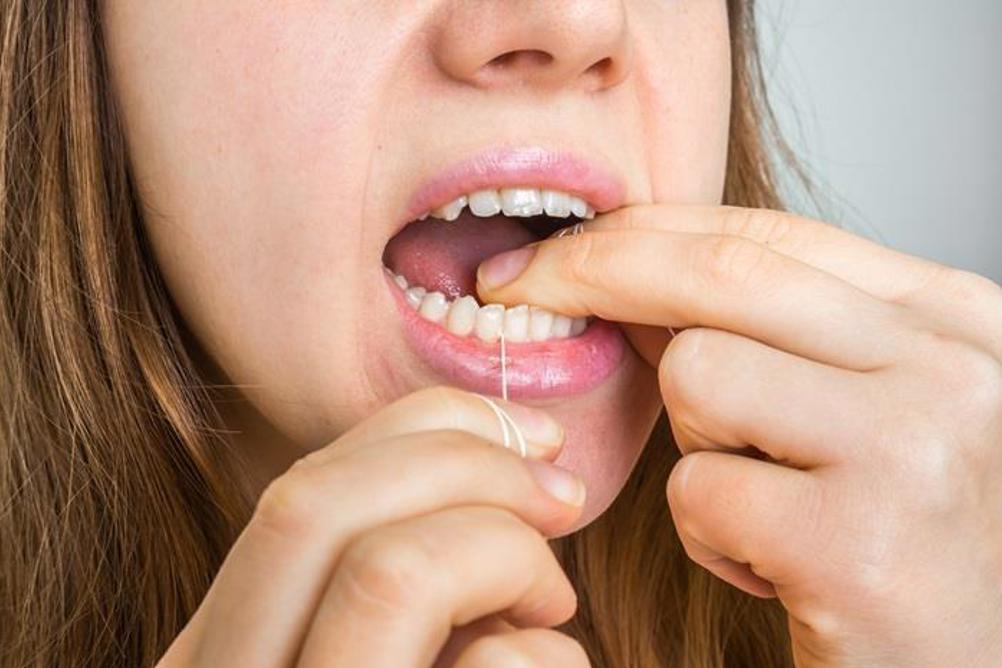
Souvik Sen, study lead and chair of the Department of Neurology at Prisma Health, Richland Hospital, said, “A recent global health report revealed that oral diseases — such as untreated tooth decay and gum disease — affected 3.5bn people in 2022, making them the most widespread health conditions. We aimed to determine which oral hygiene behaviour — dental flossing, brushing or regular dentist visits — has the greatest impact on stroke prevention.”
The study is set to be presented at the American Stroke Association’s International Stroke Conference 2025.
Flossing as a form of prevention
The Atherosclerosis Risk in Communities (ARIC) study assessed the home use of dental floss through a structured questionnaire of more than 6,000 people. Among those who reported flossing, 4,092 had not experienced a stroke, and 4,050 had not been diagnosed with an irregular heartbeat known as atrial fibrillation (AFib).
Register now to continue reading
Thank you for visiting Dental Nursing and reading some of our resources. To read more, please register today. You’ll enjoy the following great benefits:
What's included
-
Up to 2 free articles per month
-
New content available
Already have an account? Sign in here
